In any voyage out into the sea, you must always have an emergency plan prepared. That way, when an unforeseen circumstance occurs, you will always be prepared to handle it and equipped with the right equipment. Training and practical drills are a great way to effectively learn how to handle any emergency at sea.
However, if you’re still starting and want to learn the basics of tackling emergencies efficiently, then here’s a brief guide on how to do so:
1. Stay Calm And Assess The Situation
You must stay calm in any emergency at sea to assess the situation. When you panic, it can lead to poor decision-making, causing harm to you and the people around you. If you’re feeling tense, take a few deep breaths and evaluate your surroundings before taking action. That way, you can effectively carry out your emergency plans for the specific situation.
2. Follow Emergency Procedures
Ensure you and everyone on board follow the procedures outlined in your plan, including calling for help through flares, visual signals, or radio communication equipment, deploying life rafts or even using fire extinguishers. The proper procedure must be carried out to ensure the safety of everyone onboard.
3. Always Wear Life Jackets
One of the most important safety measures when boating is having a life jacket onboard at all times, whether you or anyone else onboard knows how to swim. You must have a life jacket that properly fits each person on the boat. When an emergency at sea arises where everyone has to leave the boat, ensure that you and everyone onboard wear a life jacket at all times, especially when you have to be on the water.
4. Know Your Location And Put Your Emergency Navigation Plan Into Action
In times of emergency, you must be aware of your location and the potential hazards that could put you and your vessel at even more risk. Therefore, you should have an emergency navigation plan and marine navigation equipment. One of the most essential navigation equipment to have is a marine radar, which helps you detect other vessels, avoid obstacles, navigate in poor visibility, and even track weather conditions. Marine radar is useful in any emergency at sea since it provides your location in real-time, making it easier for the coastguard or nearby vessels to find you and provide assistance.
If you’re looking for
marine radars for sale from reputable brands like
Garmin and
Furuno, you can find what you need at Tecomart.
5. Have a Way to Communicate Your Emergency
Before going out into the sea, you must always have
marine communication equipment on the boat, like radio communication devices. If you have a small vessel, you can opt for a
handheld VHF marine radio, like the
ICOM IC-M37 or the
Standard Horizon HX-300. Medium-sized vessels can opt for
fix-mounted marine VHF devices. You can learn more about
marine VHF and why it’s necessary for your vessel when you check out our previous blog. Having flares and visual signals can also help when you need the coast guard or other vessels to locate you when you are in distress.
When making a distress call on your VHF marine radio during emergencies, the call should include “Mayday!” followed by the name of your vessel, your location, and a brief description of your emergency. Stay on your radio and wait for the coastguard or other vessels to respond.
Get Your Radio Communication Equipment from Tecomart
One of the
basics to marine safety for any vessel is to have an emergency safety plan. You must always be prepared for any emergency while boating at sea. Besides training and planning procedures for any emergency, you must also have the right marine equipment with you.
Tecomart has what you need to navigate and communicate at sea. We have VHF marine radios, handheld VHF radios, and marine radars for sale, all from trusted marine navigation and radio communication suppliers. Feel free to
contact us today to learn more.
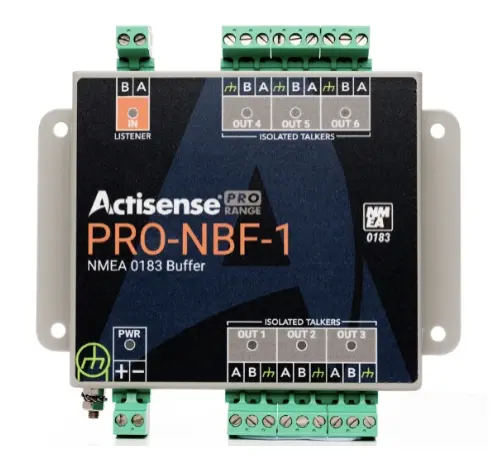

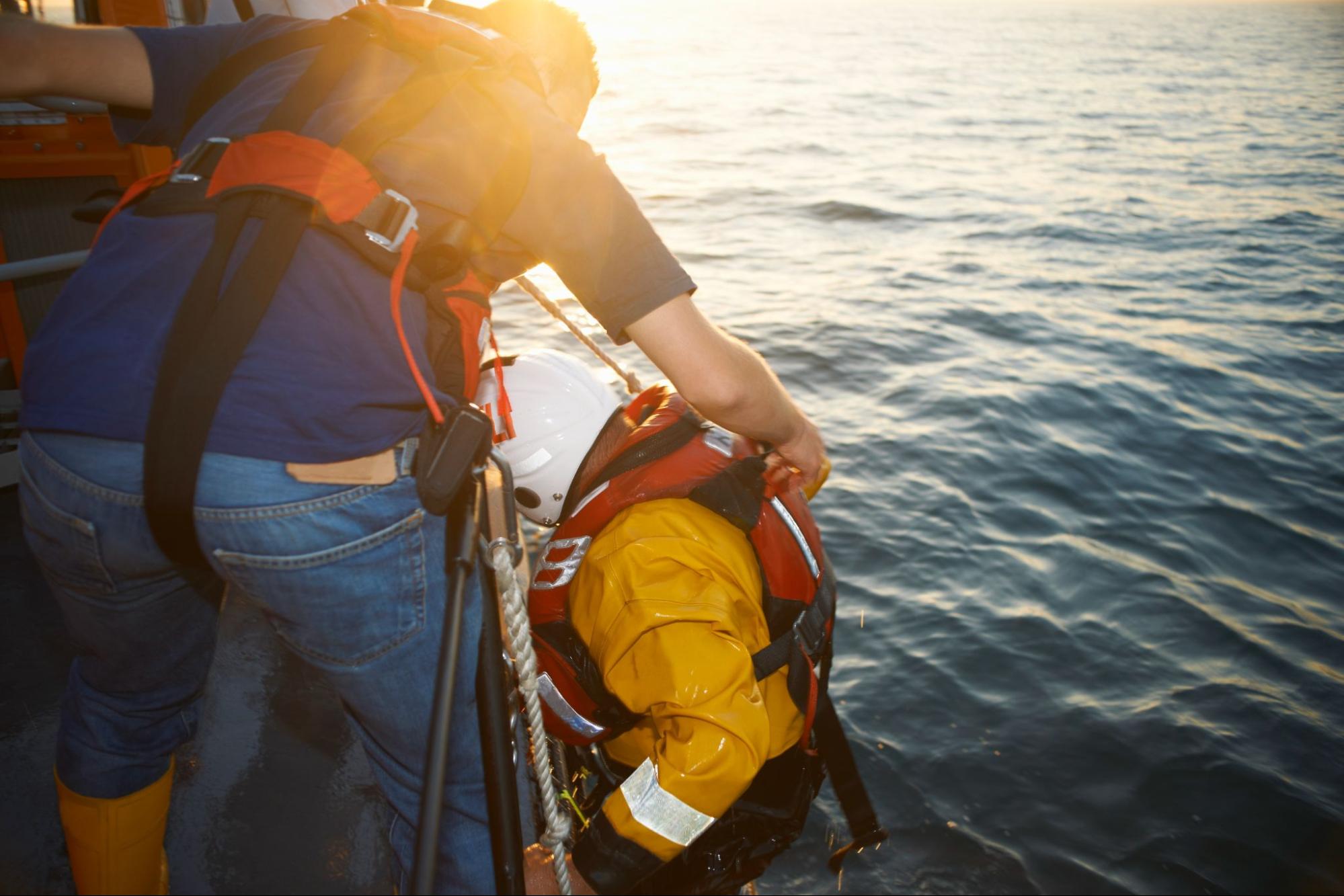
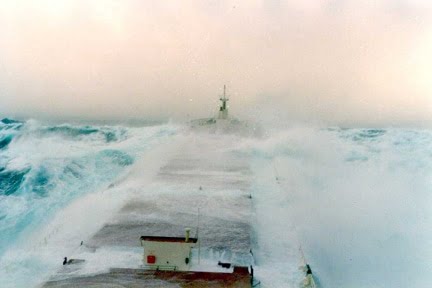
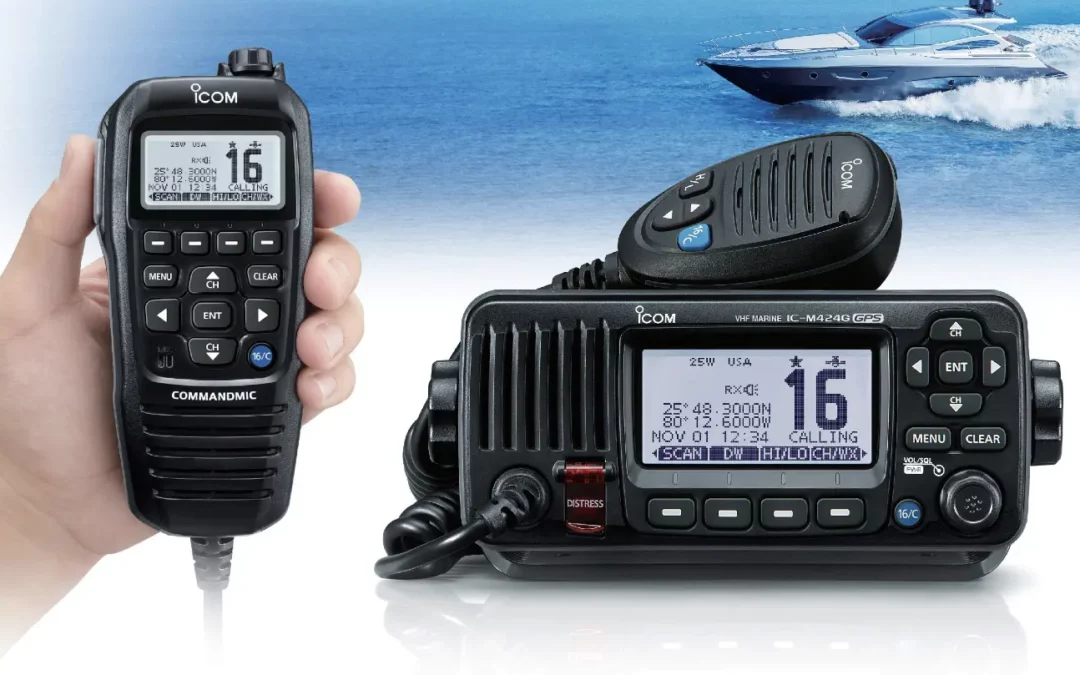
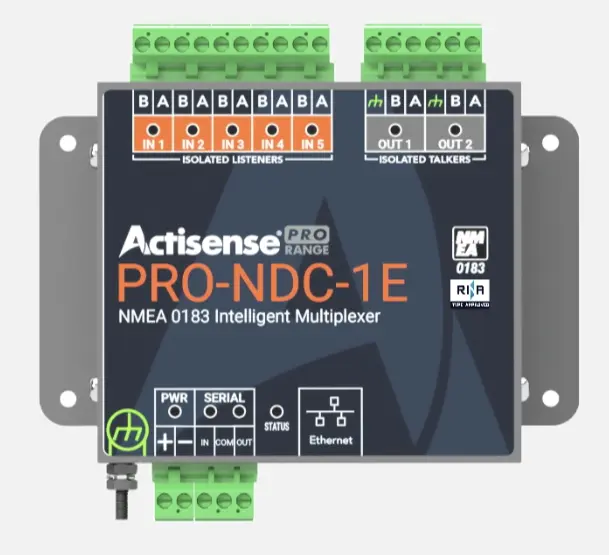
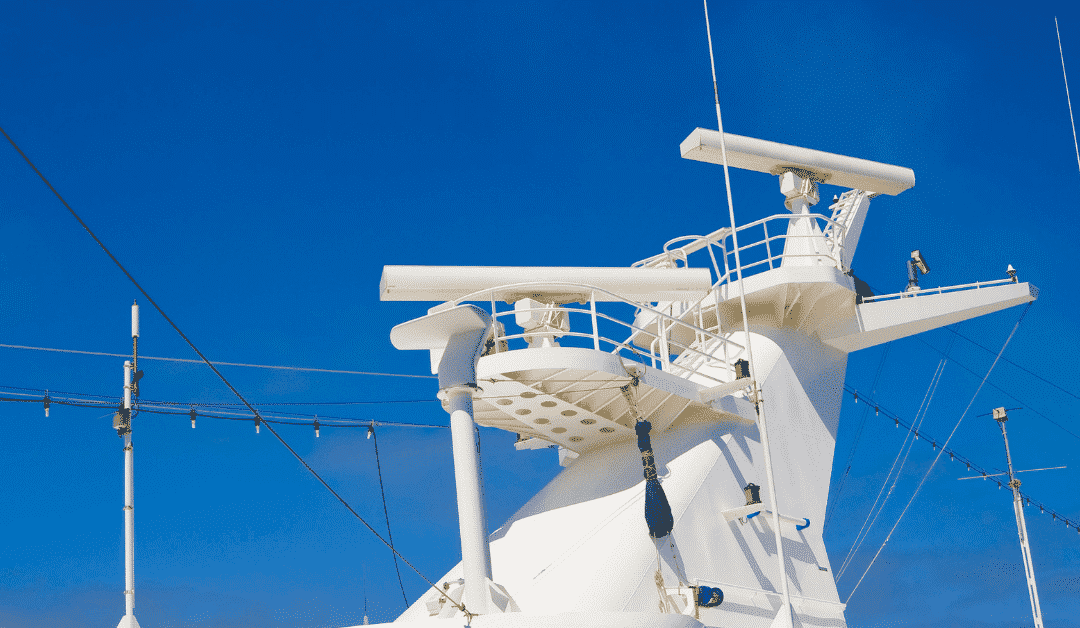
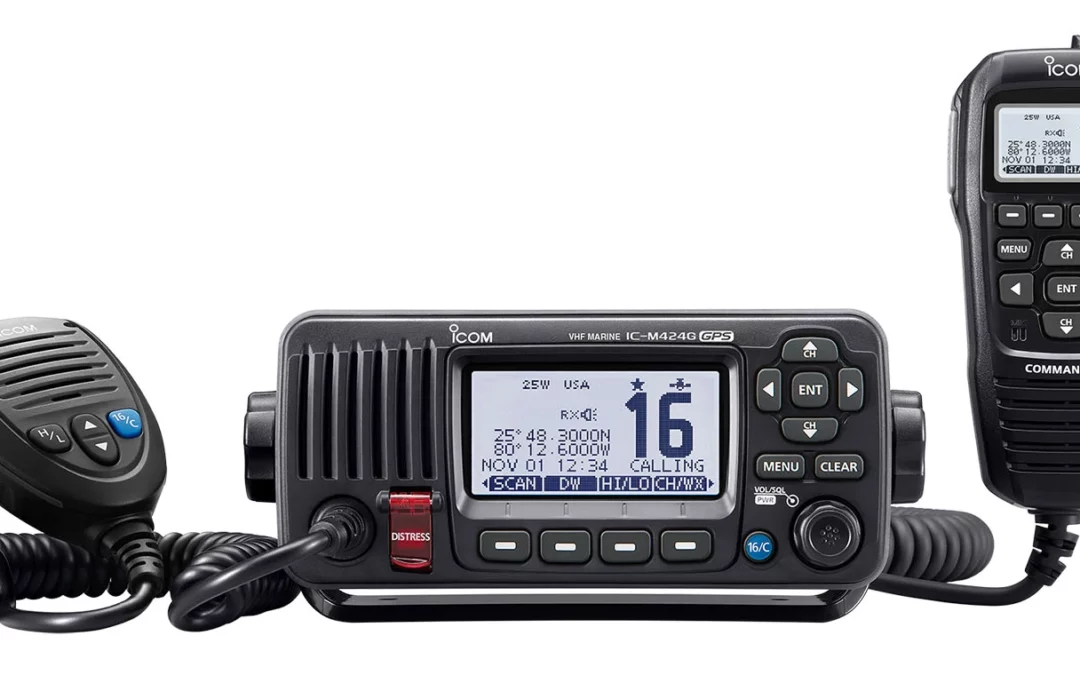
0 Comments